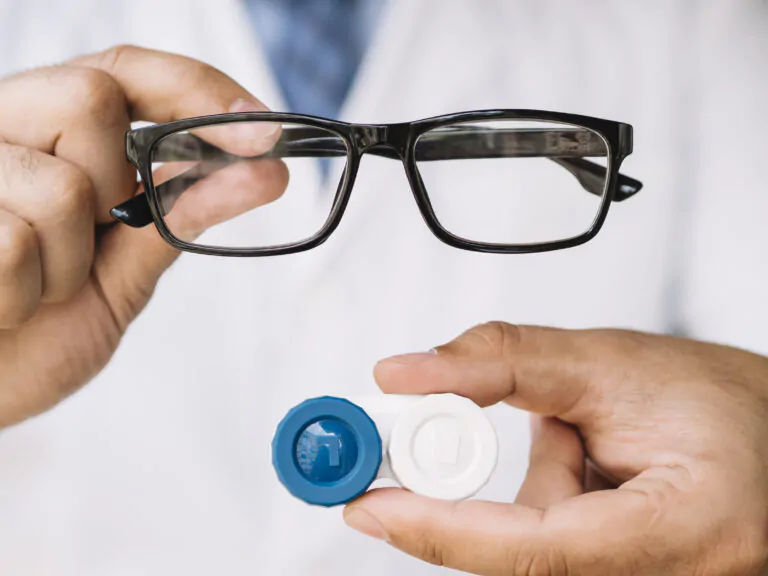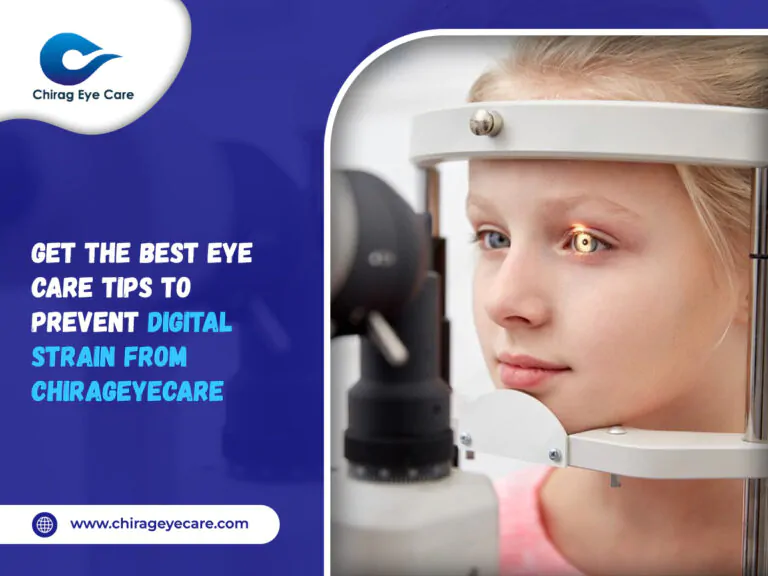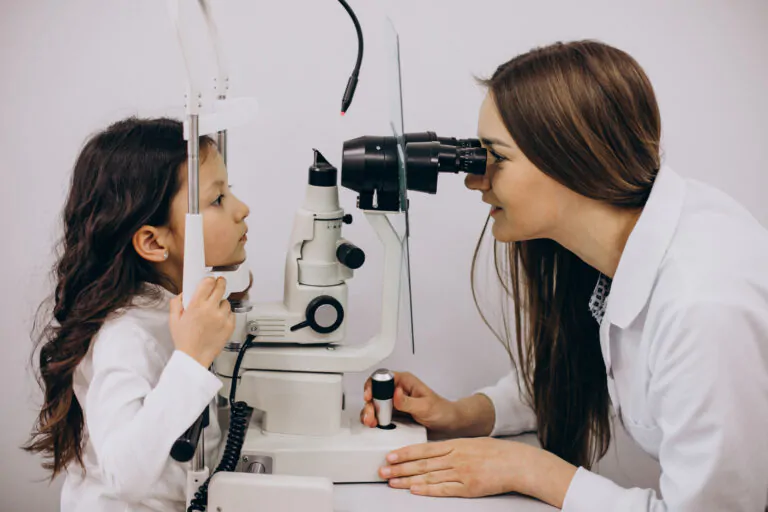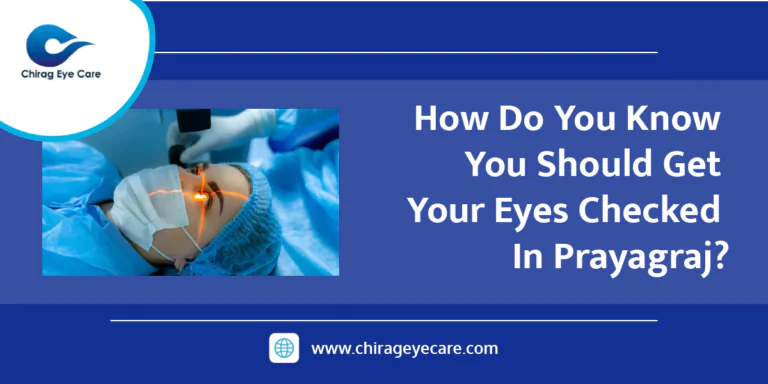Aging and Eye Health: Managing Vision Changes in Older Adults
Introduction
As we age, our bodies undergo various changes, and our eyes are no exception. Vision changes are a natural part of the aging process, but it’s important to understand how to manage these changes and maintain optimal eye health. In this blog, we will explore common vision changes that occur in older adults and discuss practical tips and strategies for managing and improving vision as we age.
- Regular Eye Exams
Regular eye exams play a crucial role in maintaining eye health, especially as we age. Schedule comprehensive eye exams with an optometrist or ophthalmologist at least once every two years, or as recommended by your eye care professional. These exams can help detect age-related eye conditions, such as cataracts, glaucoma, macular degeneration, and diabetic retinopathy, in their early stages when treatment options are more effective.
- Manage Chronic Health Conditions
Many chronic health conditions, such as diabetes and hypertension, can have a significant impact on eye health. It’s essential to manage these conditions properly to reduce the risk of vision complications. Follow your healthcare provider’s recommendations for managing chronic conditions, take prescribed medications as directed, and maintain a healthy lifestyle with regular exercise and a balanced diet.
- Healthy Diet for Eye Health
A nutrient-rich diet is vital for maintaining good eye health. Include foods high in antioxidants, vitamins, and minerals, such as leafy greens, colorful fruits and vegetables, fish rich in omega-3 fatty acids, and nuts. These nutrients, including vitamins A, C, E, and zinc, can help reduce the risk of age-related eye conditions and promote overall eye health.
- Protect Your Eyes from UV Rays
Long-term exposure to ultraviolet (UV) rays can increase the risk of eye conditions, including cataracts and macular degeneration. When spending time outdoors, especially on sunny days, wear sunglasses that block 100% of both UVA and UVB rays. Additionally, wearing wide-brimmed hats can provide further protection from direct sunlight.
- Manage Lighting and Contrast
As we age, our eyes require more light to see clearly. Ensure that your living spaces are well-lit, with adjustable lighting options for different activities. Increase the contrast on electronic devices and use larger fonts when reading to reduce eye strain. Avoid glare by using anti-glare screens or wearing polarized lenses when necessary.
- Quit Smoking
Smoking is linked to several eye conditions, including cataracts and macular degeneration. If you smoke, quitting can significantly reduce the risk of developing these conditions and improve overall eye health. Seek support from healthcare professionals or support groups to assist you in the quitting process.
- Maintain Good Eye Hygiene
Proper eye hygiene is essential for preventing eye infections and maintaining overall eye health. Wash your hands thoroughly before touching your eyes or applying contact lenses. Clean contact lenses as instructed by your eye care professional, and replace them regularly. Avoid rubbing your eyes, as this can increase the risk of irritation or infection.
- Stay Active and Engage Your Brain
Regular physical exercise and mental stimulation have been associated with improved eye health. Engage in activities that promote blood circulation and brain health, such as walking, swimming, puzzles, reading, or learning new skills. Maintaining an active lifestyle supports overall well-being, including eye health.
Conclusion
As we age, it’s crucial to be proactive in managing our eye health. By scheduling regular eye exams, managing chronic health conditions, maintaining a healthy diet, protecting our eyes from UV rays, managing lighting and contrast, quitting smoking, practicing good eye hygiene, and staying active both physically and mentally, we can mitigate the effects of aging on our vision. Remember, early detection and proper management.







